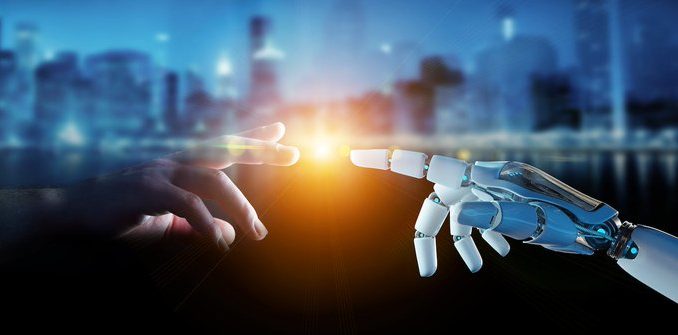
The artificial intelligence (AI) pioneer Geoffrey Hinton recently resigned from Google, warning of the dangers of the technology “becoming more intelligent than us”. His fear is that AI will one day succeed in “manipulating people to do what it wants”.
There are reasons we should be concerned about AI. But we frequently treat or talk about AIs as if they are human. Stopping this, and realising what they actually are, could help us maintain a fruitful relationship with the technology.
In a recent essay, the US psychologist Gary Marcus advised us to stop treating AI models like people. By AI models, he means large language models (LLMs) like ChatGPT and Bard, which are now being used by millions of people on a daily basis.
He cites egregious examples of people “over-attributing” human-like cognitive capabilities to AI that have had a range of consequences. The most amusing was the US senator who claimed that ChatGPT “taught itself chemistry”. The most harrowing was the report of a young Belgian man who was said to have taken his own life after prolonged conversations with an AI chatbot.
Marcus is correct to say we should stop treating AI like people – conscious moral agents with interests, hopes and desires. However, many will find this difficult to near-impossible. This is because LLMs are designed – by people – to interact with us as though they are human, and we’re designed – by biological evolution – to interact with them likewise.
